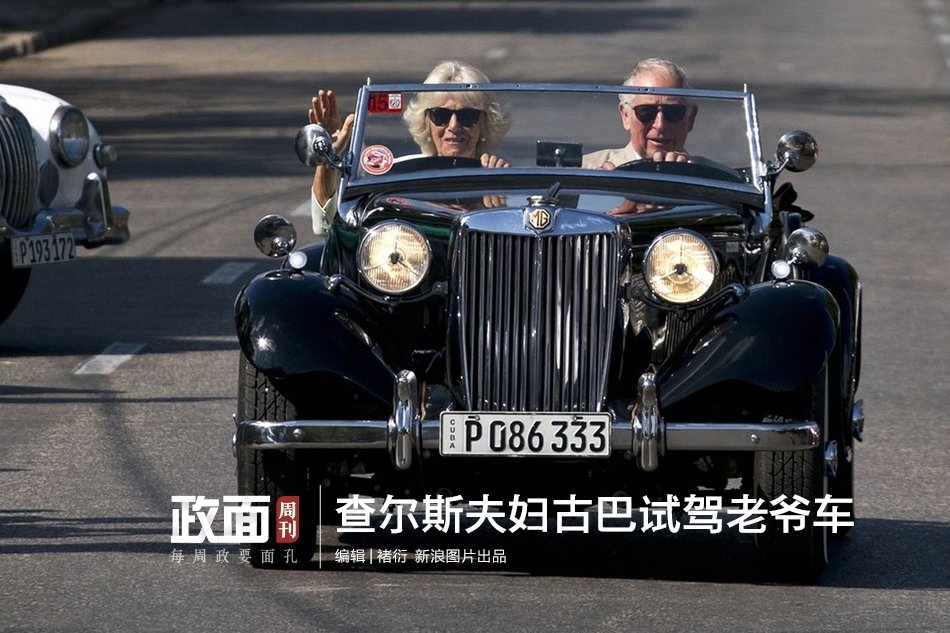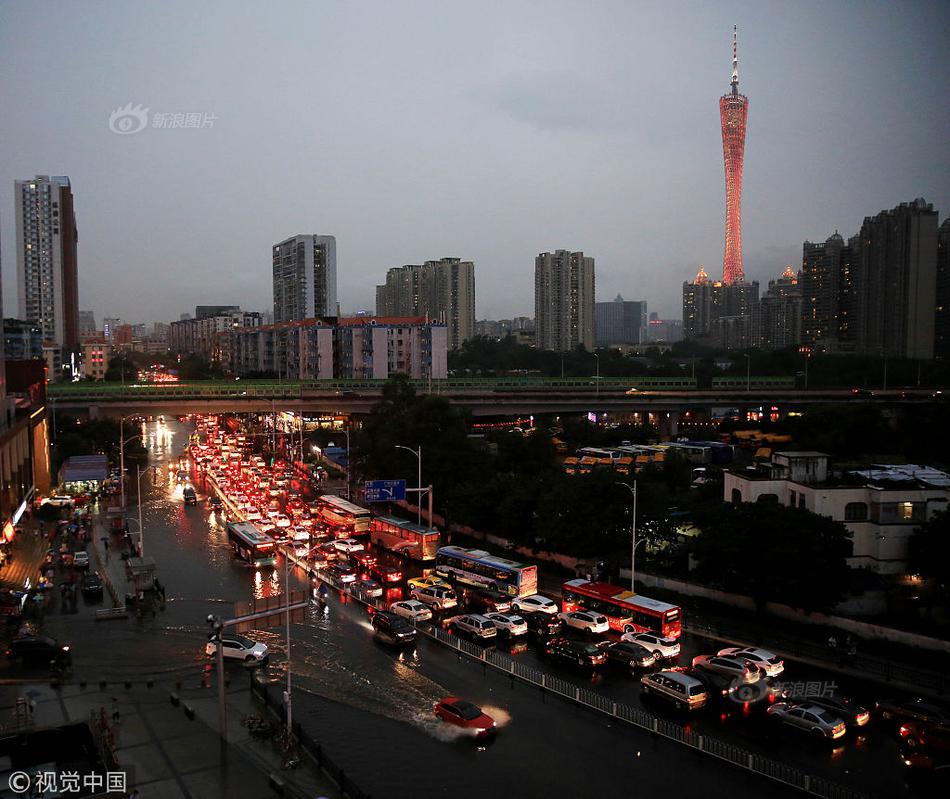Didi Chuxing,Tayuan China's dominant ride-hailing service, is finally opening its app to visitors into the country, with an English version that was just released.
Impressively, the English interface -- which was being tested since February this year -- includes an in-app text messaging translation service that lets passengers communicate with drivers, even if they don't write or speak Chinese.
SEE ALSO: This startup wants Uber drivers to help deliver breaking news footageThe feature will be available in Beijing, Shanghai and Guangzhou, and users who update their Didi app there will be able to access the app's English interface, the company said in a statement.
Making its interface available in English will no doubt be useful to more than 600,000 foreigners who live in China, as well as the tens of millions of tourists per annum in the country, who have no choice but to take a regular cab.
China's expat community was left in the lurch after Uber's China operations were acquired by Didi in August last year. The two were tussling for market share, but Uber ultimately threw in the towel to the far stronger Didi.
The ride-hailing giant, which raised a record $5.5 billion in April this year, will also accept payments using international credit cards, and users from Hong Kong, Taiwan, Thailand, South Korea, Japan, Australia, UK, France, Canada, U.S. and Brazil can now register for a Didi account.
 Credit: Epa/REX/Shutterstock
Credit: Epa/REX/Shutterstock Didi says translating its app interface into English is part of its efforts to go global. "The internationalisation of local services is an important part of Didi's global strategy," the company said in a statement.
The company had unveiled an international division to explore how it could expand overseas in February, reported the South China Morning Post.
Didi has also suffered a series of setbacks on home ground, when local governments in Beijing and Shanghai tightened regulations on non-local cars.
The company ended up having to exclude non-Beijing licence plates from operating in the capital, reports the Financial Times.
"[Didi has] to expand abroad because they're being hit by the regulators at home," Shaun Rein, managing director of China Market Research Group, told the Financial Times.
The company has stated that it would invest in countries where other local ride-sharing companies don't have a strong presence.
The company moved into Brazil in January this year by making a strategic partnership with 99, a Brazilian ride-hailing platform.
Didi is providing support for 99's technology development and planning, and will share expertise on its algorithms for driver management and traffic to 99, which has over 140,000 drivers and 10 million users in Brazil.
Didi had made an earlier move to offer its service globally, with an alliance with three other ride-hailing giants -- Ola in India, Grab in Southeast Asia, and Lyft in the U.S. The alliance was quietly called off in March this year.
(Editor: {typename type="name"/})
 White Nationalism’s New Clothes
White Nationalism’s New Clothes
 10 video games we can't wait for in 2019
10 video games we can't wait for in 2019
 Sweet little princess is terrified of Donald Trump
Sweet little princess is terrified of Donald Trump
 Pulsing blue light freaks Twitter out, but it's definitely not aliens
Pulsing blue light freaks Twitter out, but it's definitely not aliens
 News from Nowhere Episode 10
News from Nowhere Episode 10
Juneteenth, From Atlanta to Oakland
 Interviews for Resistance
...[Details]
Interviews for Resistance
...[Details]
Instagram's botched experiment is a reminder that the future of Facebook is Stories
 You'd think Instagram would know by now that even the smallest changes can send users into a paranoi
...[Details]
You'd think Instagram would know by now that even the smallest changes can send users into a paranoi
...[Details]
'Black Mirror: Bandersnatch' is a choose your own adventure masterwork
 This is a choose-your-own-adventure review of the brand new choose-your-own-adventure Netflix specia
...[Details]
This is a choose-your-own-adventure review of the brand new choose-your-own-adventure Netflix specia
...[Details]
This startup wants to be the Airbnb of assisted living
 Airbnb may have cornered the market on millennials, but a new company wants to win over their grandp
...[Details]
Airbnb may have cornered the market on millennials, but a new company wants to win over their grandp
...[Details]
 Ben Schwartz ,July 17, 2017 Sméagol in the
...[Details]
Ben Schwartz ,July 17, 2017 Sméagol in the
...[Details]
Turn your Roomba's trip around the house into a playable 'Doom' map
 Once your Roomba is done tidying the house, you can clean up your enemies in hell.Game programmer an
...[Details]
Once your Roomba is done tidying the house, you can clean up your enemies in hell.Game programmer an
...[Details]
Pulsing blue light freaks Twitter out, but it's definitely not aliens
 A pulsing bright blue light illuminating the sky across Queens, New York on Thursday night had every
...[Details]
A pulsing bright blue light illuminating the sky across Queens, New York on Thursday night had every
...[Details]
World's biggest brands join forces to improve online ads
 Online ads have become a bit of a cesspool for fraud, ineptitude and other consumer-antagonistic tre
...[Details]
Online ads have become a bit of a cesspool for fraud, ineptitude and other consumer-antagonistic tre
...[Details]
 The Poverty of Theory
...[Details]
The Poverty of Theory
...[Details]
Kim Kardashian snapped some nudes, because that's what Snapchat is for
 At the dawn of Snapchat, the messaging app was widely considered a platform with one primary purpose
...[Details]
At the dawn of Snapchat, the messaging app was widely considered a platform with one primary purpose
...[Details]
接受PR>=1、BR>=1,流量相当,内容相关类链接。